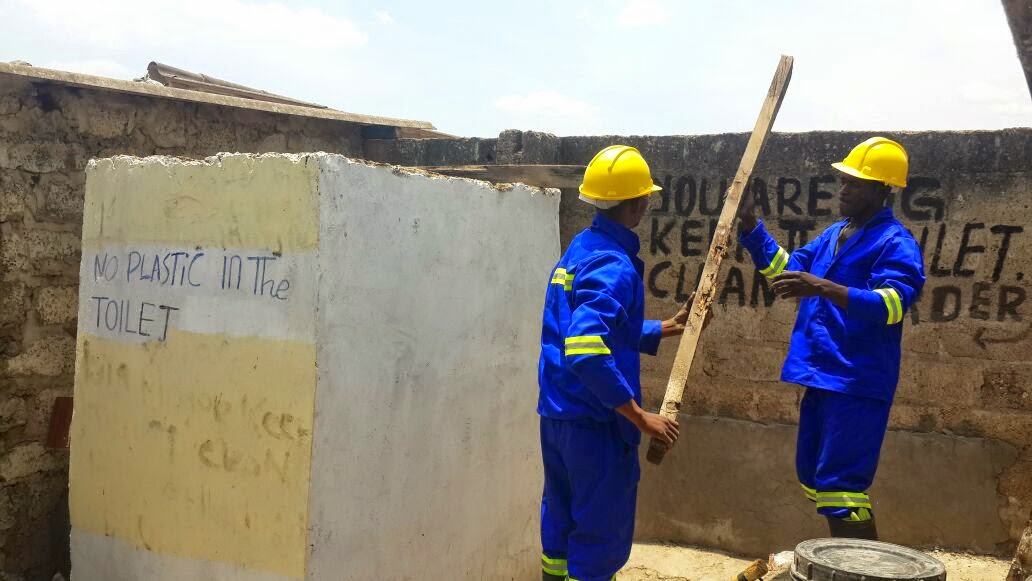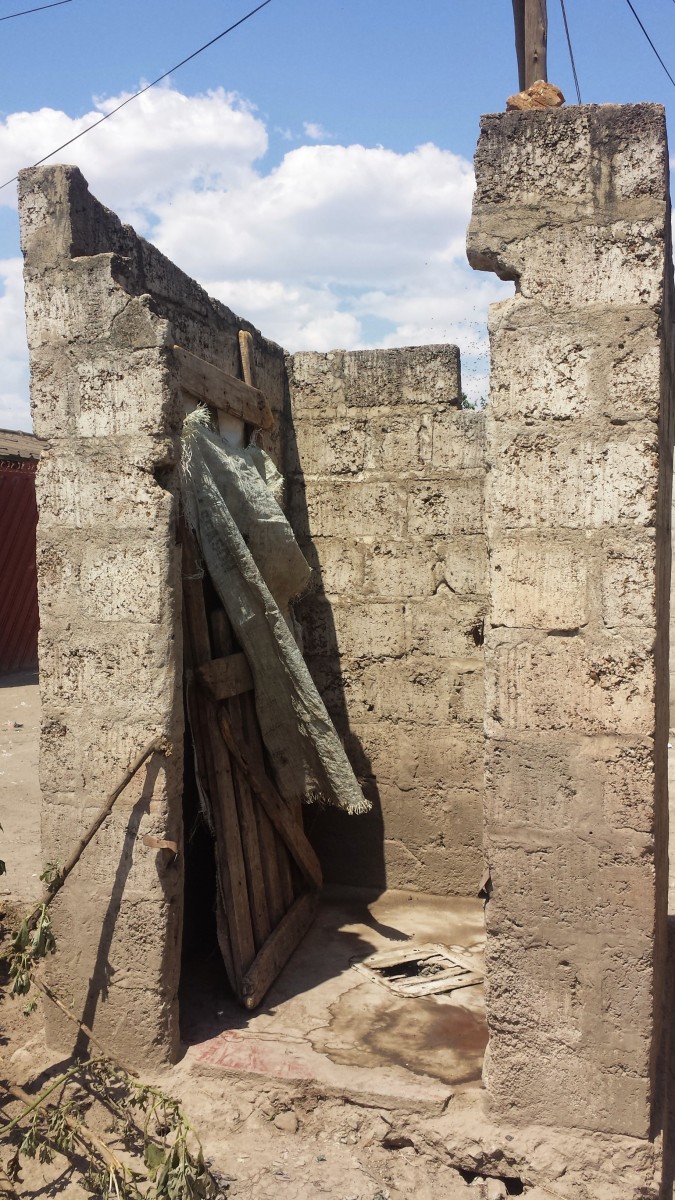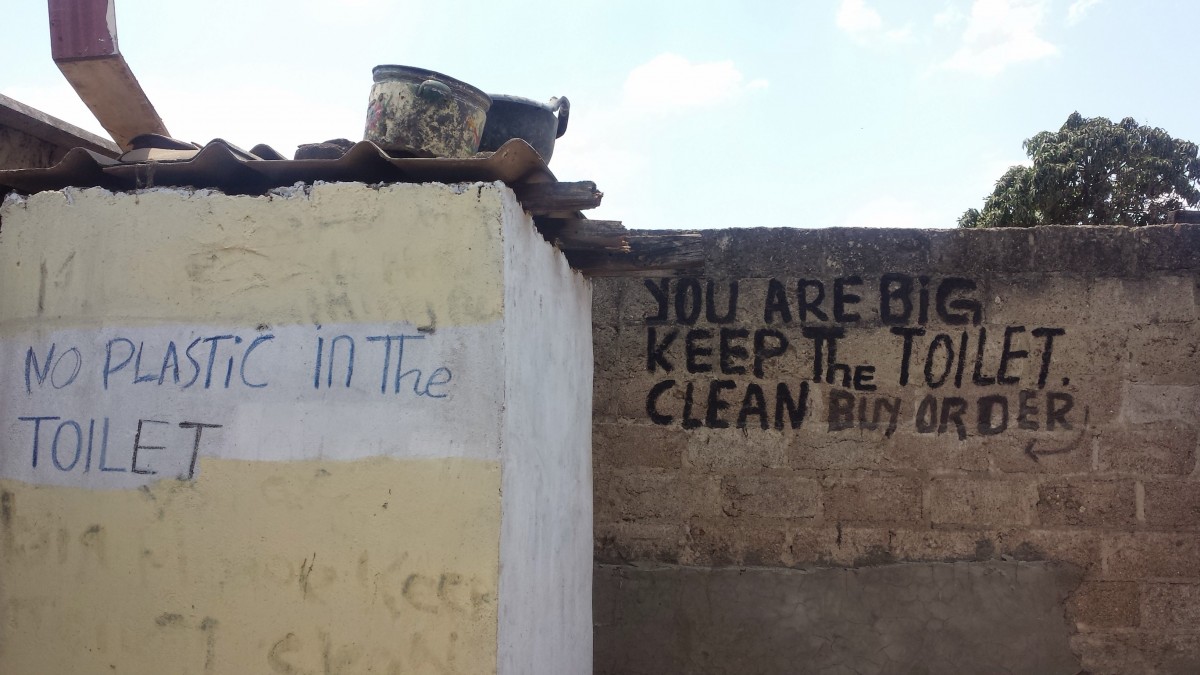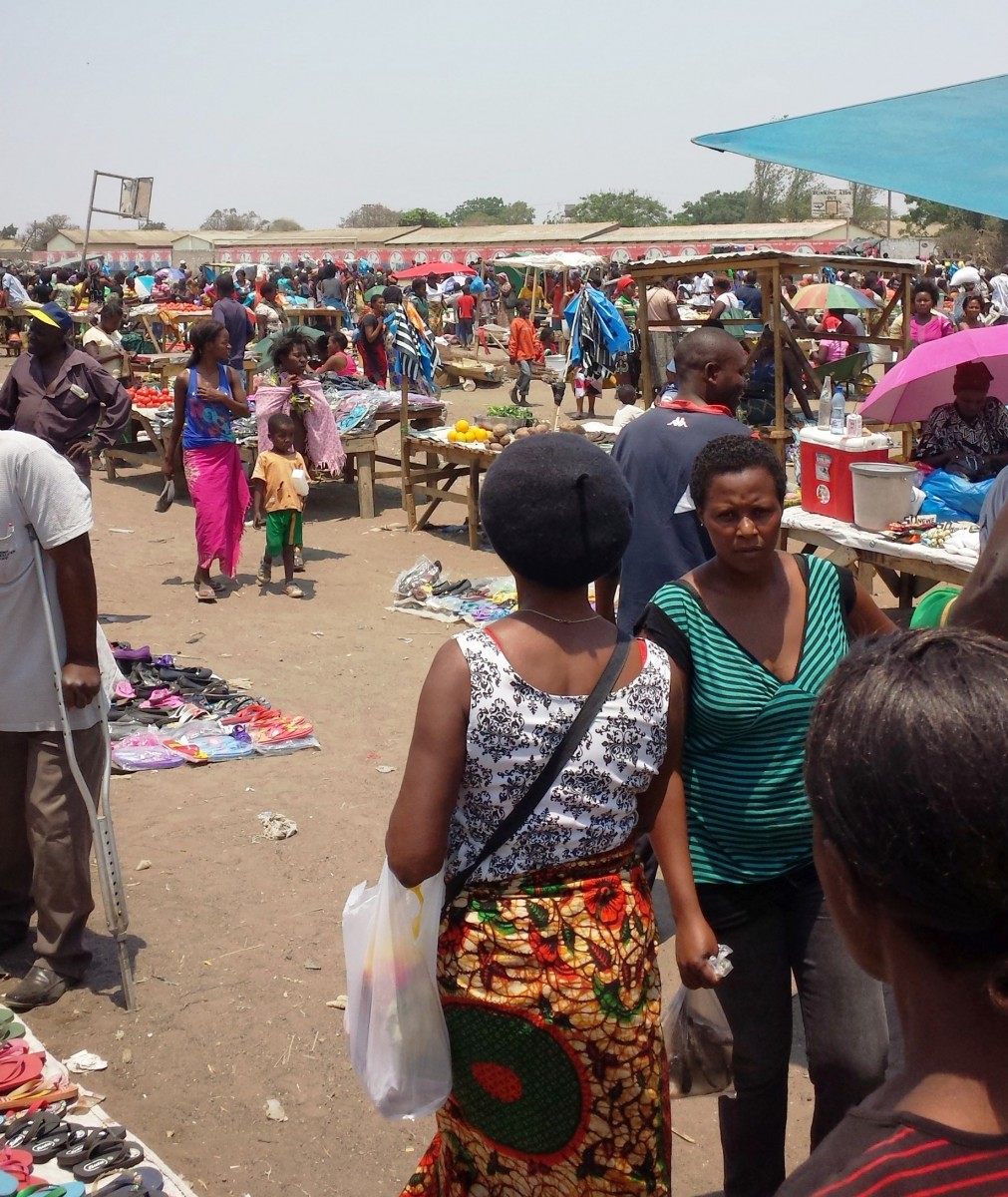Two weeks ago, our media feeds were bombarded with an image of Bill Gates sipping from a crystal-clear glass with headlines exclaiming that he was drinking water converted from feces! He was—and you shouldn’t be surprised if he convinces you to do the same! The Bill and Melinda Gates Foundation is focused on improving water, sanitation, and hygiene (WASH) around the world.
The Gates Foundation has supported organizations like Water & Sanitation for Urban Poor (WSUP) to launch various business models aimed to improve access to sanitation around the world. In Zambia, WSUP partnered with IDEO to launch Pump Away, a new pit latrine emptying business.
This spring, Pump Away is piloting its business model and WSUP and MBAs Without Borders are looking for an outstanding business professional with significant start-up and operations experience to join their team!
MBAs Without Borders Advisor Khadija Jiwani has just returned from helping WSUP launch Pump Away in Zambia. We sat down with her recently to talk with her about her experience.
Can you please describe your MBAs Without Borders assignment in Zambia and the type of work you’ve been involved with?
I would love to. My MBAs Without Borders assignment is based in Lusaka, Zambia, where I am working side-by-side with a Zambian entrepreneur to launch Pump Away, a business in sanitation, and a start-up of Water & Sanitation for the Urban Poor (WSUP) Enterprises. In-depth market research was conducted prior to my arrival, so the team was ready for me to hit the ground running. In the last two months since I arrived, most of my assignment has involved creating the business model for the launch of Pump Away based on the team’s findings and testing our assumptions in the market.
Sounds very exciting! What exactly will Pump Away do? And how is it connected to WSUP?
Pump Away is a professional, reliable pit latrine emptying business that is being launched through WSUP Enterprises, a new business unit within WSUP that uses market-based approaches to improve the lives of low-income urban consumers. WSUP Enterprises aims to strengthen private-sector delivery of sanitation to consumers at the base of the economic pyramid (BoP) in three areas: developing new inclusive businesses, access to finance, and business development services.
During your time with Pump Away, have you been able to tell what makes sanitation different from other sectors when it comes to business?
Sanitation, as a public health issue, is a national and local government responsibility. However, there has been little investment in infrastructure and services by public bodies, particularly for lower-income areas. The private sector—however informal or unsafe—has responded quite well in Zambia. Vacuum tanker operators emptying the septic tanks of middle and high-income households mostly dump the emptied sludge at badly managed public treatment facilities. However, low-income communities mostly commonly revert to the informal sector of manual emptiers that either cover the existing pit and build a new one, or empty the pits nearby—thus keeping the hazardous sludge within communities. While unhygienic practices affect everyone within the city, it affects the poor disproportionately as they are most exposed to the waste. This issue of public health, and the lack of regulation by the public sector and association between the public and private sector makes sanitation services unique.
Could you tell me what opportunities exist in sanitation that makes it lucrative as a business?
Firstly, nearly 98% of all households in low-income communities have or use a pit latrine that needs to be emptied once full. Many of these households however are not satisfied with the type of services they currently get from the informal private sector. In addition to it being hazardous, it is costly to build a new pit every time one is full, and there is no more space to build them! People are acutely aware of the hazards of keeping sludge within their neighborhoods, and would like a service that takes it “far away”. Within that space, safe sanitation has only recently been in the spotlight and there is currently little to no competition in that market.
Even though there is little to no competition, there must be some challenges for the WASH sector in Zambia. Could you tell me about some of those?
It’s a combination of many factors that contribute to the challenges of WASH, but in my opinion, I think the largest challenges—for the private sector—are the lack of investment in infrastructure and regulation by public bodies.
How is Pump Away working to address the issue of sanitation in Zambia?
Pump Away is working on providing a professional, reliable and affordable pit latrine emptying service for peri-urban areas of Lusaka. The service will be customer-focused to ensure people are getting the service they desire, but will also connect with existing infrastructure for treatment, disposal, and reuse of the emptied sludge.
Sounds like Pump Away could make a huge impact on the community. What has been your most challenging moment or experience thus far?
Interacting with the customer base has been challenging due to the language barrier. This was most evident when we were conducting customer interviews. Luckily we had fantastic interviewers with us who were fluent in multiple local languages, which helped with the process.
What are you most excited about in the coming months of your project?
We are working toward launching the Pump Away pilot in the next few months. It’s going to be great to see all our planning put to the test soon.
Why did you decide to join MBAs Without Borders?
When choosing a post-MBA track, I have to say the traditional career path never really appealed to me. I took the traditional path after my undergraduate studies and it was all I had done since.
MBAs Without Borders offered a unique opportunity which allowed me to use a wide range of my MBA skills and gain consulting experience in an emerging market in addition to experience in the social sector working with exceptional NGOs. MBAs Without Borders was the next step I was looking for toward starting my own social business. Add the opportunity to travel and experience new cultures, it became a very easy decision.
Photos Courtesy of WSUP
Khadija Jiwani
Khadija Jiwani is an MBAs Without Borders advisory currently working with Water and Sanitation for the Urban Poor (WSUP) in Zambia to work on the launch of PumpAway, a business solution to sanitation management. With her MBA from IE Business School in Madrid, Khadija seeks to aid in the development of socially sustainable business models that lead to sustainable and scalable solutions to issues facing communities across the world.








